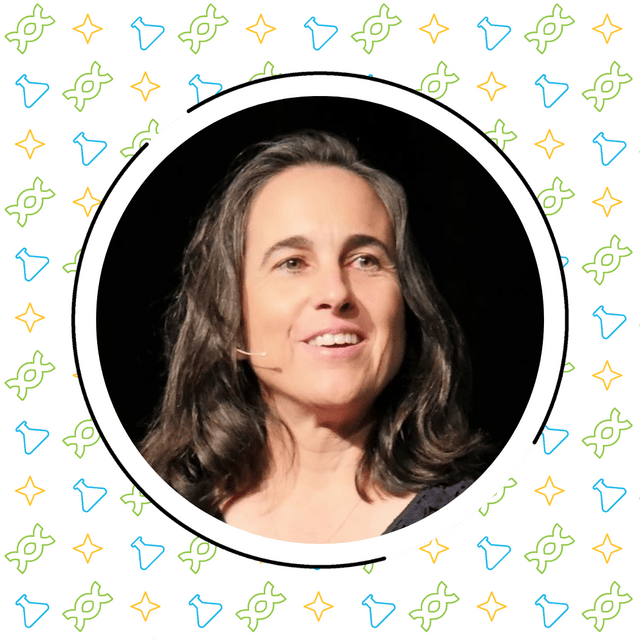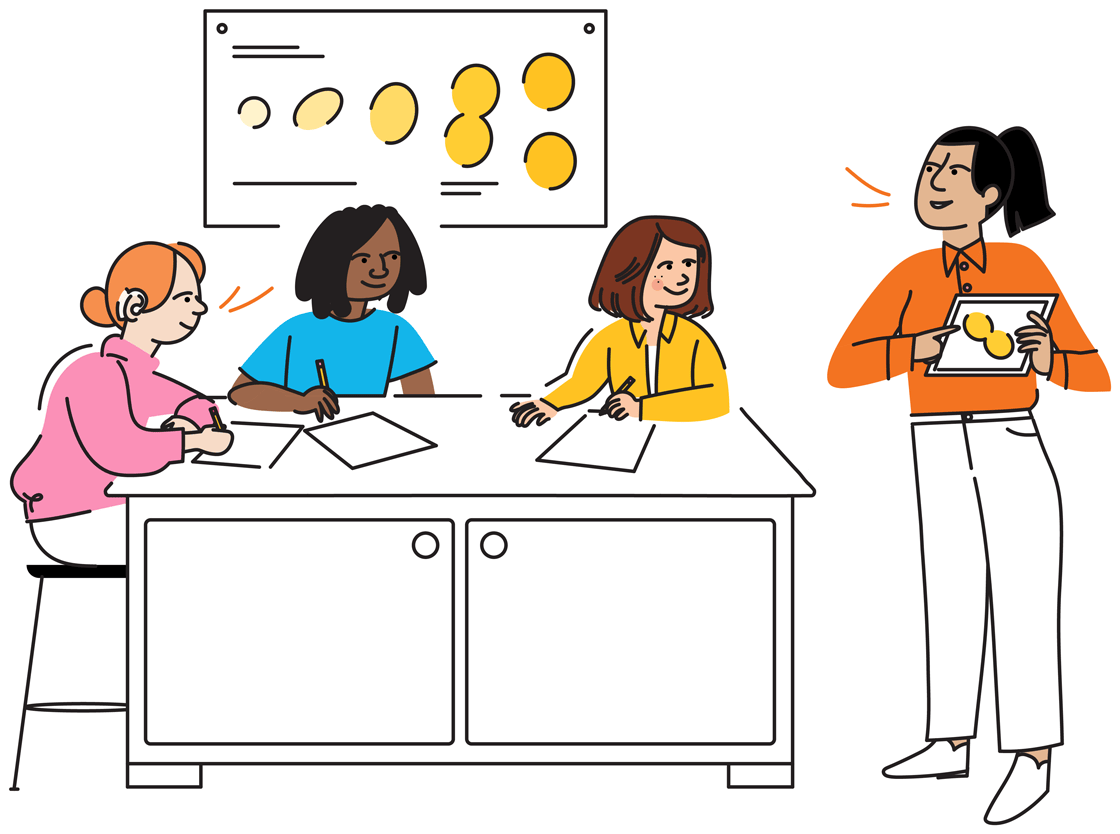
Season 3, Episode 6
Identifying and addressing pseudoscience
Join us as we continue our discussion on the importance of integrating critical thinking into the science classroom with former teacher and current director of education at the Center for Inquiry, Bertha Vazquez. Listen as Bertha shares her experience with engaging students through identifying pseudoscience, and how developing these skills creates an identifiable impact on the real world.
And don’t forget to grab your Science Connections study guide to track your learning and find additional resources!
Meet our guest(s):



